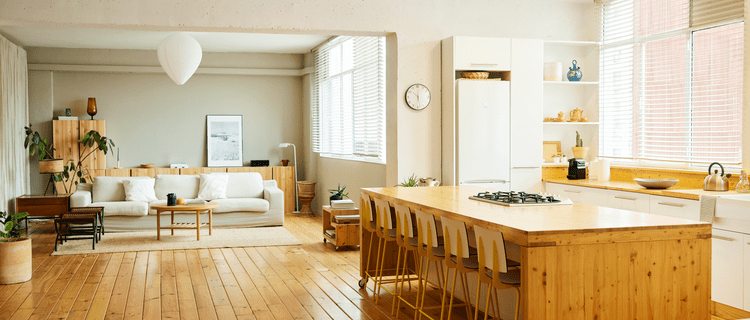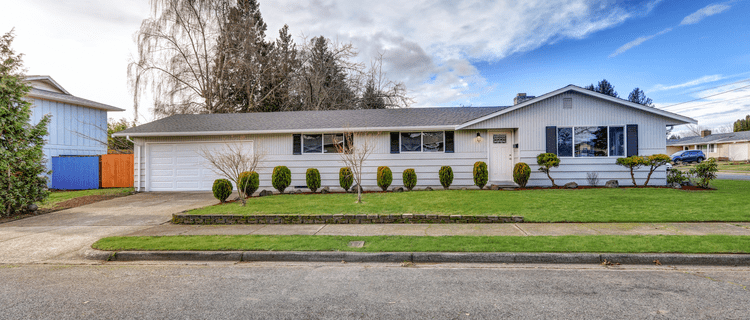Why Pre-Approval Should Be Your First Step – Not an Afterthought
Finding the right home feels exciting – but being pre-approved for your loan is what makes it possible. Whether you’re planning to buy soon or still just thinking about it, getting pre-approved is one of the best moves you can make. Here’s why. 1. What Is Pre-Approval, Really? Pre-approval is much more than a guess. …
Read more “Why Pre-Approval Should Be Your First Step – Not an Afterthought”





